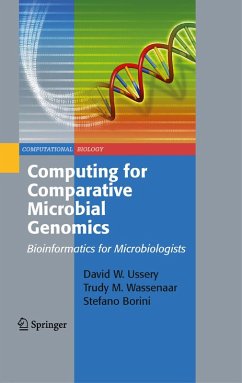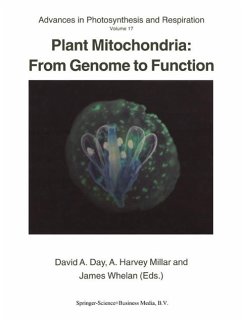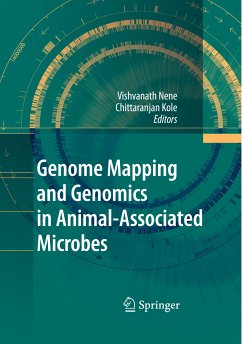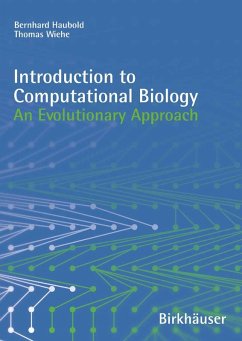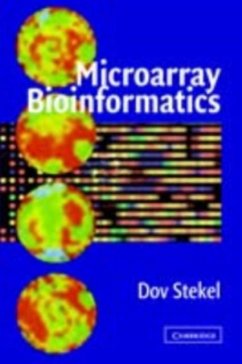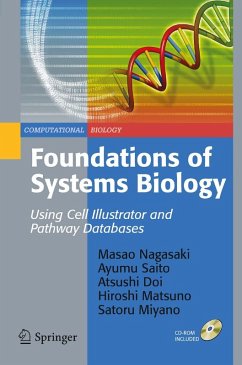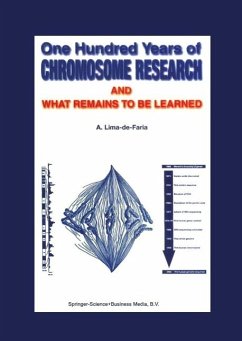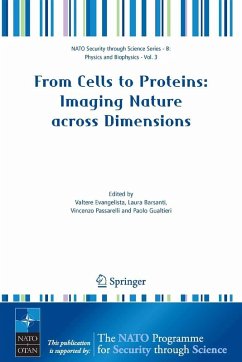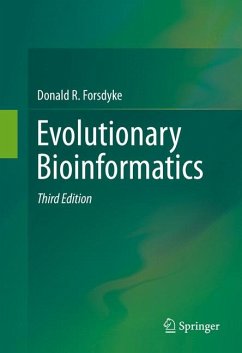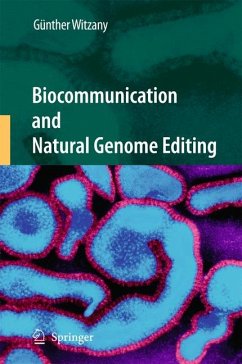
Biocommunication and Natural Genome Editing (eBook, PDF)
Versandkostenfrei!
Sofort per Download lieferbar
112,95 €
inkl. MwSt.
Weitere Ausgaben:

PAYBACK Punkte
56 °P sammeln!
I wrote this book for biologists and those who are interested in both biological affairs in general and perspectives which integrate a large number of specialised biological disciplines. The theory of biocommunication presented herein investigates signal transd- tion processes among cells, tissues, organs and organisms in bacteria, animals (corals and bees), fungi and plants in the light of the current available empirical data. Because life is the central focus of the life sciences, this theory will also focus on typical features of life as opposed to inorganic matter. Because this eld of inve...
I wrote this book for biologists and those who are interested in both biological affairs in general and perspectives which integrate a large number of specialised biological disciplines. The theory of biocommunication presented herein investigates signal transd- tion processes among cells, tissues, organs and organisms in bacteria, animals (corals and bees), fungi and plants in the light of the current available empirical data. Because life is the central focus of the life sciences, this theory will also focus on typical features of life as opposed to inorganic matter. Because this eld of investigation is based on the methodological primacy of a pragmatic action theory, the book may also be of interest to researchers of lingu- tics, communication sciences and sociology (e.g. plant sociology, animal sociology) who would welcome an overview of these highly specialised biological disciplines. Current molecular biology as well as cell biology investigates its scienti c object by using key terms such as genetic code, code without commas, misre- ing of the genetic code, coding, open reading frame, genetic storage medium DNA, genetic information, genetic alphabet, genetic expression, messenger RNA, ce- to-cell communication, immune response, transcription, translation, nucleic acid language, amino acid language, recognition sequences, recognition sites, protein coding sequences, repeat sequences, signalling, signal transduction, signalling codes, signalling pathways, etc.
Dieser Download kann aus rechtlichen Gründen nur mit Rechnungsadresse in A, B, BG, CY, CZ, D, DK, EW, E, FIN, F, GR, HR, H, IRL, I, LT, L, LR, M, NL, PL, P, R, S, SLO, SK ausgeliefert werden.



